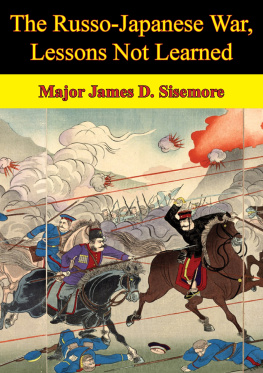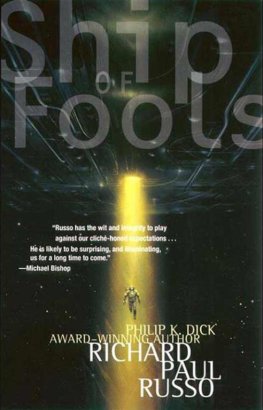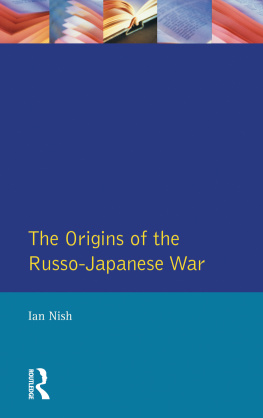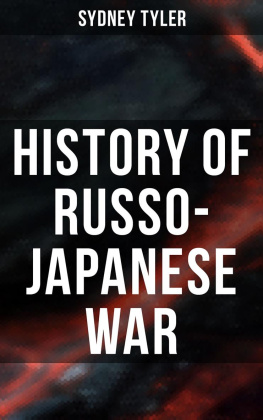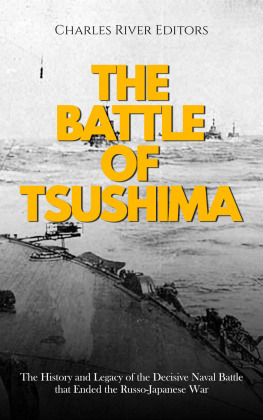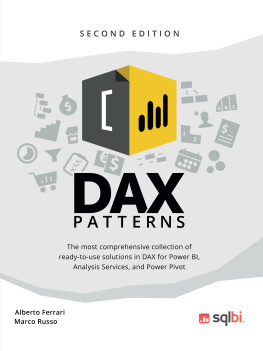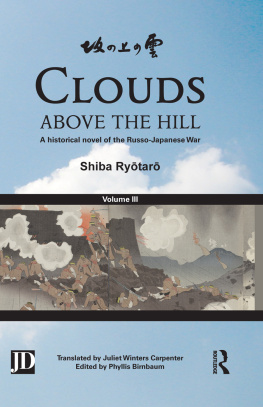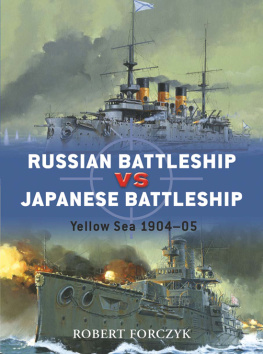

This edition is published by PICKLE PARTNERS PUBLISHINGwww.picklepartnerspublishing.com
To join our mailing list for new titles or for issues with our books picklepublishing@gmail.com
Or on Facebook
Text originally published in 2003 under the same title.
Pickle Partners Publishing 2015, all rights reserved. No part of this publication may be reproduced, stored in a retrieval system or transmitted by any means, electrical, mechanical or otherwise without the written permission of the copyright holder.
Publishers Note
Although in most cases we have retained the Authors original spelling and grammar to authentically reproduce the work of the Author and the original intent of such material, some additional notes and clarifications have been added for the modern readers benefit.
We have also made every effort to include all maps and illustrations of the original edition the limitations of formatting do not allow of including larger maps, we will upload as many of these maps as possible.
THE RUSSO-JAPANESE WAR, LESSONS NOT LEARNED
BY
MAJ JAMES D. SISEMORE
TABLE OF CONTENTS
Contents
ABSTRACT
Characterized by some authors as a rehearsal for the First World War, the Russo-Japanese War was arguably the worlds first modern war. During this war, the lethality of weapons on the 20th Century battlefield was clearly demonstrated. Recording the events of the Russo-Japanese War were military and civilian observers from every major power of the time. These observers wrote voluminous accounts of the war that clearly illustrated this new battlefield destructiveness.
The research question of this thesis is what tactical lessons were available to the observer nations of the Russo-Japanese War that were not used in their preparations for World War I. This paper will look at both observer accounts of the war and professional journal articles written soon after the war to consider this question. To answer this question, the stationary Siege of Port Arthur and the maneuver Battle of Mukden are used as representative battles of this war. Reports from these two battles clearly demonstrate the lethality of modern warfare and foreshadow the combined effects of hand grenades, mortars, machineguns, and field artillery in World War I.
ACKNOWLEDGMENTS
I would like to publicly thank the following people for their assistance in writing this thesis. First I would like to thank the members of my thesis committee for their tireless efforts in reading and rereading the drafts of this paper prior to its completion. I would also like to thank Mr. Jeffrey Leser for his excellent advice and the liberal use of his extensive personal library of rare and unavailable books on the Russo-Japanese War. Finally, I would like to thank the Archive Librarians of the Combined Arms Research Library, Ms. Ginny Navarro and Ms. Kathy Buker, for their outstanding support in researching this topic.
LIST OF ILLUSTRATIONS
Figure
- Liaotung Peninsula.
- Battle of Nan Shan, 26 MAY 1904.
- Siege of Port Arthur (7 August 19042 January 1905).
- The Battle of Mukden (23 February 190510 March 1905).
CHAPTER 1INTRODUCTION AND BACKGROUND
It goes of course without saying that a frontal attack across a plain with masses can be made possible by greatly superior artillery. Lieut-General von Caemmerer, Militr Wochenblatt, No. 147
On the night of 8 February 1904, ten Japanese destroyers attacked the Russian fleet anchored at Port Arthur, Manchuria and began the Russo-Japanese War. Japan, a country that prior to 1853 was based on a feudal society, had transformed its military into a force able to fight, and eventually defeat a nation with the worlds largest standing army. The conflict lasted until 5 September 1905, when the Portsmouth Treaty ended the war. In nearly every battle, the Japanese military defeated Russia on the field of battle.
Over the past ninety-plus years, countless articles and books reference the failure of the belligerent nations of World War I to learn from the lessons of the 1904-1905 Russo-Japanese War. In fact, the curriculum of the United States Armys 2002-2003 Command and General Staff College includes three readings that discuss the failed lessons learned from this war. Each of these readings allude to one central theme: the failure of the world to accept the lethality of modern weapons as they relate to tactics and military thinking at the turn of the century.
This thesis will examine what tactical lessons were available to the international observers of the Russo-Japanese War. Numerous observers recorded the events of the war, with one author characterizing the war as a dress rehearsal for the Great War. After the conflict, military and civilian observers published exhaustive reports on the war in journal articles, books, and after action accounts. This thesis uses these accounts to illustrate that the belligerent nations who fought the First World War did have enough information to forewarn them of the bloody battles to come.
To conduct this review, I intend to look at two major battles fought during the war: the Siege of Port Arthur and The Battle for Mukden. These two battles were selected due to their representative nature of the war and the size of the forces and material committed. These battles exemplified both spectrums of this war, with the Port Arthur attack representing a modern siege and the Battle of Mukden representing a large formation maneuver battle.
The Japanese attack on Port Arthur was the first large-scale siege in the 20th Century. This five-month siege demonstrated the lethality of weapons that later became prevalent in the battles of World War I. During these costly attacks, the combined effects of the hand grenade, trench mortar, heavy and light artillery, and the machinegun, were showcased. These same weapons would prove deadly on the battlefields of the First World War.
The Battle of Mukden was the last major land battle of the war and exemplified maneuver operations at the corps and army level. In this battle, Japan and Russia maneuvered armies exceeding 600,000 soldiers and integrated almost every modern weapon then known. The Japanese success in this battle allowed the country to enter peace talks from a position of strength.
In writing this paper, I intend to focus on the reports produced by the military observers present during the war. Many of these observers were to play significant roles for their countries in World War I. Lieutenant General (Sir) Ian Hamilton observed the war for Great Britain. He would later command the Allied landings at Gallipoli in 1915. In addition to looking at the military observer reports, books and professional journal articles written soon after the war will be used to do discover what lessons were available, but simply not accepted for use prior to World War I.
Historical Background
Japanese interests in Korea and China date back to 1592, when Japan, under the dictator Hideyoshi, attempted to invade China through Korea. Over the next six years, Japan fought Chinese forces in Korea and at sea. In 1598, after suffering a major naval defeat, Japan agreed to peace terms and withdrew from the Korean peninsula.
From 1598 until the opening of Japan by America in 1853, the Japanese demonstrated little interest in matters outside their home islands and tried to remain a closed society.
Following European lines, Japan began a program of colonization and sought commercial interests of her own.
Next page
